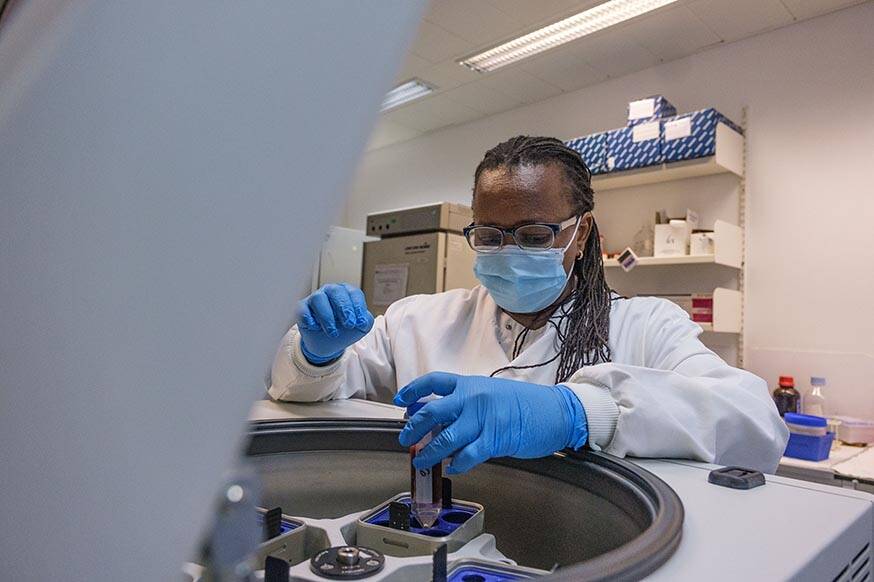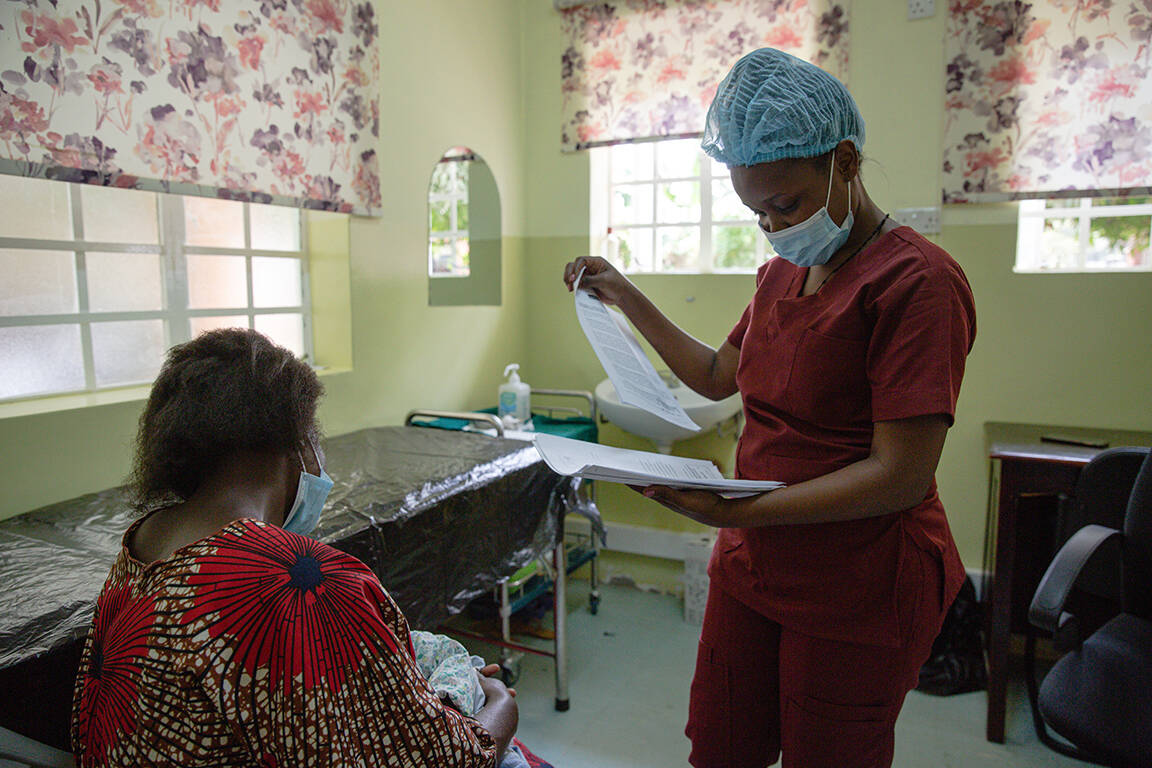The study has been taking place in Burkina Faso and Zambia, where most babies receive vaccination through the EPI at 6–8 weeks. At each visit, infants were tested for HIV infection and the extent of suppression of viral replication was assessed in HIV-infected mothers. A total of 34,315 mothers were recruited into the main study, and 1527 infants exposed to HIV were identified and given preventive treatment with antiretrovirals. Mother–infant pairs were followed for a year to determine impacts on HIV transmission to infants, with the last follow-up visit taking place in September 2022.
Analysis of the data will reveal how effective prevention of mother-to-child transmission is in the two countries, and whether the EPI-based strategy has the potential to reduce the number of infant HIV infections and to ensure that more HIV-infected infants receive timely treatment.

scroll down
Although WHO recommends that all pregnant and breastfeeding women living with HIV should be given antiretrovirals, and all infants at risk of contracting HIV should receive antiretrovirals for six weeks, cases of HIV infection are unfortunately still being missed in both mothers and children.
The PROMISE-EPI study is evaluating a back-up strategy, in which HIV detection and treatment are integrated into a country’s immunisation programme (generally known as the Expanded Programme on Immunisation, EPI). Its goal is to identify and treat missing HIV cases among infants attending vaccination sessions and to prevent HIV transmission from previously undiagnosed but HIV-infected mothers.
The PROMISE-EPI study, which is aiming to reduce the burden of HIV disease in newborns, has completed follow up of more than 34,000 mothers and their babies.

Catching HIV infections in infants
